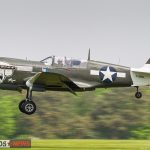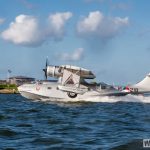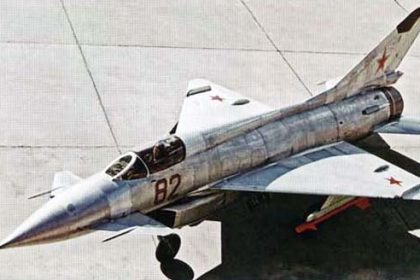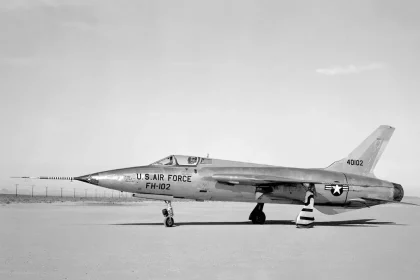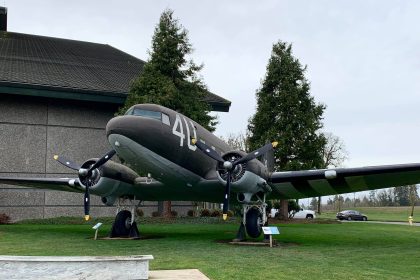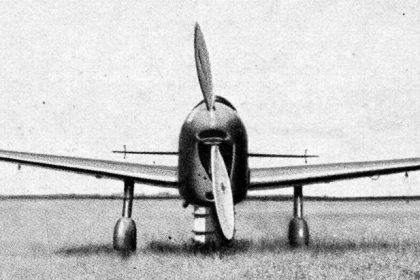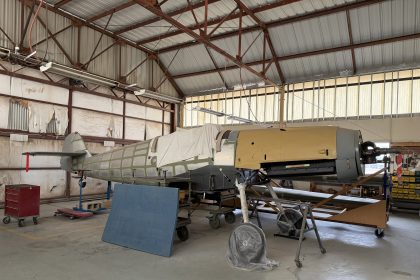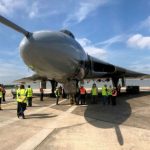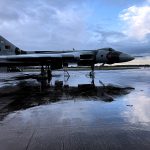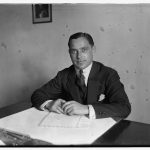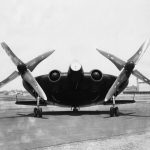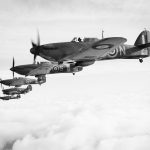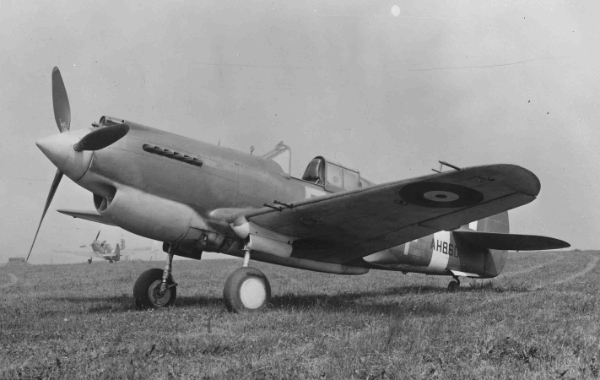
The history of Britain’s tactical air power development during the Second World War has largely neglected the work done by Army Co-operation Command. The Command was influential in developing the theoretical air support system used in the Western Desert, North Africa, and Europe and was responsible for trials conducted in the wake of the Battle of France, 1940. Working closely with the army’s School of Artillery, they also developed the Air Observation Post Squadron, used to great effect in several different theaters. In this lecture, Dr Matthew Powell will discuss how the RAF had neglected the development of tactical air power during the inter-war period and how this decision impacted on their ability to provide this support when war broke out. The army’s experiences in the Battle of France and the subsequent investigations, which placed the blame firmly on the shoulders of the RAF, forced the hand of the RAF into taking tactical air power development more seriously. As a result, the RAF created the Army Co-operation Command, designed to be as toothless as possible while appearing to be what the Army wanted.
The lecture will explore the fast pace of tactical air power development during 1942, which led to discussions on a new formation: the Army Air Support Group (AASG) and the rise of Fighter Command in this field. Disputes between the Air and General Staffs over which command the AASG should be placed into ran for the entire summer and were eventually resolved by Winston Churchill, before the Army Co-operation Command was disbanded in 1943. Its replacement was however, an upgraded Army Co-operation Command with the responsibilities it had been denied during its existence.
Dr Ross Mahoney, RAF Museum Aviation Historian said: “The RAF Museum is once again delighted to be working in conjunction with our colleagues at the University of Wolverhampton to bring the Trenchard Lectures in Air Power Studies to a wide audience. This lecture highlights the challenges the RAF faced in the realm of the development tactical air power with particular reference to the history of Army Co-Operation Command, a subject much understudied by historians.”
The Trenchard Lectures in Air Power Studies form part of the RAF Museum’s Research Programme for 2016. ‘Tactical Air Power Development in Britain, 1940-1943’ is the second of three joint lectures taking place at the University of Wolverhampton this year, also in partnership with the Royal Aeronautical Society.
Dr Peter Preston-Hough, from the University’s Department of War Studies, said: “We’re delighted to be hosting this prestigious series of lectures, which promise to provide an interesting insight into this fascinating area of history. The University has a strong relationship with the RAF Museum and we look forward to continue to work closely with them on this prestigious lecture series.”
This FREE lecture will be held in the main lecture theatre (MC001) at the University of Wolverhampton at 6.30pm on Thursday 9 June. As spaces are limited, organisers advise visitors to book their tickets in advance via the museum’s website to avoid disappointment.
For further information about the museums research programme or to book your FREE ticket to the lecture, please visit the museum website www.rafmuseum.org/cosford.









